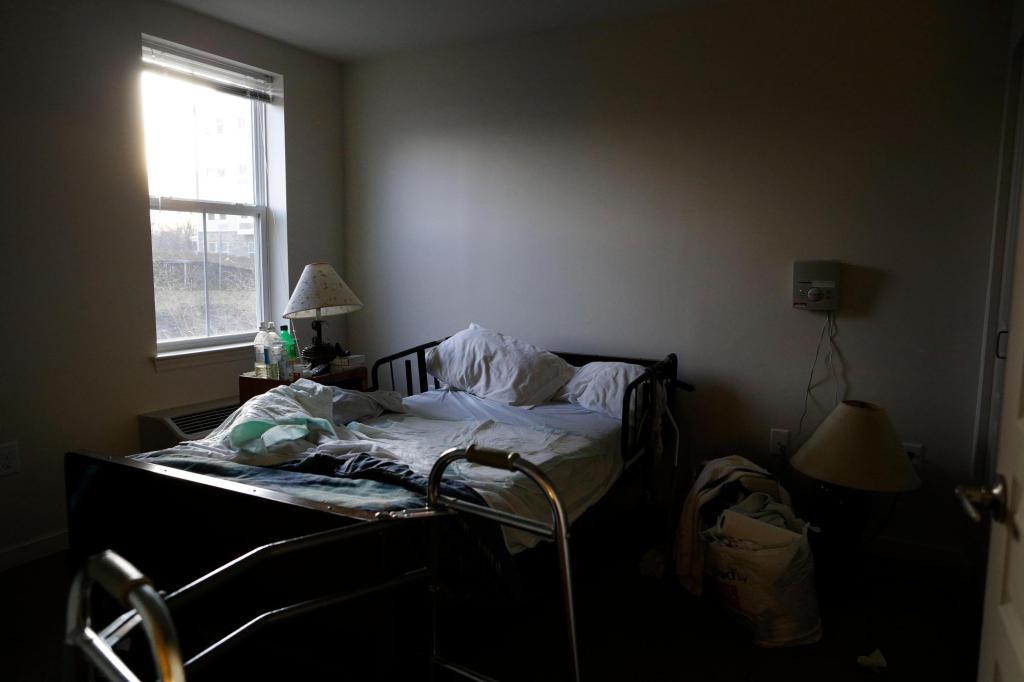By ADITHI RAMAKRISHNAN, AP Science Writer
NEW YORK (AP) — Dr. Vanessa Rodriguez is no stranger to talking about death.
As a palliative care doctor at New York’s Mount Sinai Hospital, she works with families of patients at the ends of their lives. Many are hesitant to talk about death before the fact since it means imagining a future without their loved one.
Talking about death is never easy, but doing so early can help families prepare. Here’s how to open the floor for an often tricky conversation.
Start an open and honest dialogue
Thinking through details and resolving loose ends can help families cope when the inevitable happens: Where might their loved one like to be buried? Are finances squared away?
“It really can help ease the anxiety that this moment can bring,” Rodriguez said.
Settling other questions such as what song to play at a memorial or what old boxes to go through allows a loved one to have a say in their situation.
“They’re tough conversations,” Rodriguez said. “But there are so many tough conversations we have to have in life, and this shouldn’t be of less importance.”
Set expectations
Talking about death with a loved one doesn’t make the loss hurt less, Rodriguez said. But it can help families know what to expect.
Recently, Rodriguez sat down with a 93-year-old patient and her family. After talking through the patient’s care details, Rodriguez asked her daughter, “Have you thought about what things might look like when your mom isn’t here anymore?”
The daughter brushed it off at first. But as Rodriguez kept talking, tears welled in the daughter’s eyes. Having limited her mother’s hospital visits as much as possible, she realized it was important to her that her mother died at home. Rodriguez then suggested setting the patient up with hospice care at home — treatment designed to reduce pain and suffering in the final months.
Conversations about death go over easier when they come from someone you trust, Rodriguez said….
Read the full article here







